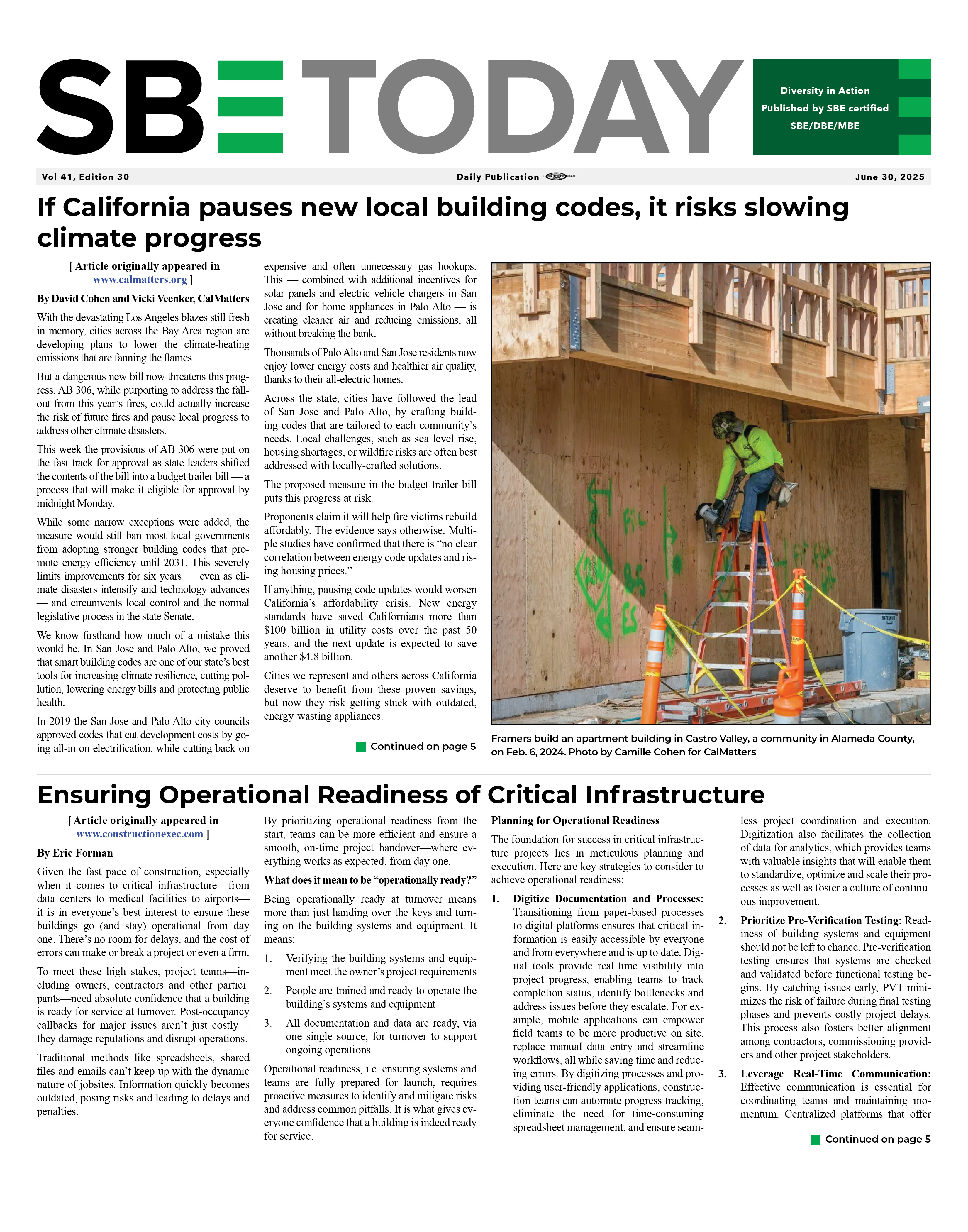|
|
Ways Responsible Use of Social Media Helps the Community amid Covid-19
01/08/2021
Ways Responsible Use of Social Media Helps the Community amid Covid-19Human beings are born social. This is why social media apps have been well-received since 1997, with the first true social media site, SixDegrees.com. Fast-forward to today, there are more social media apps than one can count on their fingers. With the ongoing COVID-19 pandemic, social media usage is fueled across the world. With most people stuck in their homes, being online has become a way of life. Social media allows us to connect with friends and family and to catch up on current events, particularly the ones concerning the pandemic. But there’s always two sides to the coin. With so many posts being shared on social networking sites each day, it’s easy to confuse what’s real with what’s not. This not only divides people but also endangers them, especially when people’s health is involved. Because of this, there’s a growing need for individuals not only to be informed but also to practice responsible social media use. Social Media amid the PandemicThe US has seen more and more consumers engage in social media since the coronavirus outbreak. In fact, it allowed live streaming, video chat, and gaming features to improve to keep up with the growing demand. Below are some facts that support the ongoing influx of social media users during the pandemic.
In the recent survey conducted last May, 51 percent of the total respondents reported a dramatic increase in usage on certain social media apps. Around 60 percent of them are aged 18 to 34, 64 percent are aged 35 to 49, and 34 percent are aged 65 and above.
This increase in mobile messaging usage is not only due to the pandemic. Data shows a strong engagement rate on popular messaging services, such as Facebook Messenger, Apple iMessage, and WhatsApp. This means people are staying connected with one another as much as possible.
Facebook was the most used platform during the pandemic as of March 2020. Instagram follows the lead with 49.5 percent of US adults using the image-based social network. These social networks have hastened the development of their live-streaming and story-sharing features to cater to audiences wanting quick, on-the-spot updates.
It appears that people want to do more than just message and text one another to connect. They seek virtual interactions through video chat. This explains a huge boost in the usage of videochatting apps like Google’s Duo and Houseparty, which allows groups to video-chat and play games together. How to Be Responsible in Using Social MediaBeing a responsible social media user is a must, especially during these unprecedented times. The following tips will guide users when sharing and responding to social media posts during the pandemic.  Since more people are taking to social media to gather news and COVID-19 directives, social media users need to not only share real news but also voice opinions when necessary. Social media has been linked to mental health issues, such as feelings of loneliness, depression, and anxiety, among users. The ongoing pandemic has made matters even worse. In fact, people who are exposed daily to news articles about the pandemic may develop tremendous psychological strain. This is why it pays to avoid sharing sensitive posts. As much as possible, users should post on social media only when it’s necessary. That is, if the post is meant to help or provide inspiration to others. Responsible Social Media SharingHere are some tips on responsible social media sharing for users during the pandemic: Be CriticalBefore sharing a post, people need to reflect on its purpose in the first place. Tweets and posts have the power to instill a certain viewpoint to the reader, especially if they come from an influential person. Others may also link the user to a particular product page or click through to a malicious website. Develop a critical mindset before engaging with these posts. Check Proper SourcesMisinformation during a time of crisis is a danger in itself. An example is social media users sharing posts about unproven remedies to “cure” COVID-19 symptoms. To avoid falling victim to these falsehoods, users need to double-check sources and only share posts from reliable ones. This includes the WHO, government websites, and reputable media sites. Beware of Fake ImagesImages can be easily manipulated using modern editing technology. This increases the need for online users to be able to detect fake images from real ones. Some may be difficult to identify, but warning signs such as strange shadows or jagged figures may help detect a hoax image. When in Doubt, Don’tIn these times of uncertainty, doubt is the last thing people need. Before hitting the publish button on social media, take a breath and double-check the content and source of the post. If it seems doubtful and no other sources can back it up, then it’s best not to publish it. Social Media Usage Dos and Don’tsResponsible social media usage goes beyond simply avoiding the wrong things to post. With the pandemic still ongoing, it’s high time for users to also do their part in sharing relevant and helpful information about the coronavirus outbreak. This is especially applicable to users and internet personalities who have a huge following on these social media platforms. Here are some dos and don’ts on social media use during the pandemic: 
Effects of Irresponsible Social Media UseIrresponsible social media use can have negative effects on people, both mentally and physically. A single tweet or post can influence a person’s mindset and personal decisions. With social media, celebrities, government officials, and influencers now have a platform for them to engage with their followers. But this also comes with a great responsibility to keep people rightfully informed and educated about the ongoing pandemic. Otherwise, people can suffer from the following: Spread of Fake NewsFake news is putting lives at risk. For example, a huge number of people in the US don’t believe the pandemic is real, and they take to social media to air their beliefs. This widespread sharing of fake news can literally endanger people’s lives. FearmongeringPeople are under more than enough stress during these tough times. Instilling more fear to others only makes matters worse. While fear can motivate people to follow precautionary measures, such as self-quarantining and social distancing, too much fear will only undermine existing efforts being done to fight COVID-19. Confusion and PanicThe coronavirus pandemic is causing people to panic. The science behind this is that panic happens when the rational part of the brain is overcome by emotion. In fact, people were seen hoarding groceries and toilet paper when the outbreak first started. It’s even easier to cause panic and confusion by posting irresponsibly on social media. Sharing different versions of news reports or conspiracy-theory articles are some of the things that can cause social media users to lose their rationality. Negative Effects on People’s Mental HealthCOVID-19 came at a time when social media usage was at its peak. This has caused information, and misinformation, to spread a lot faster. News about the pandemic alone is causing people to panic and have anxiety, and this is further worsened by irresponsible social media posts. John Sharp, MD, advises everyone to steady and calm themselves. Here are some tips to lessen these anxious feelings due to the coronavirus:
ConclusionThe coronavirus pandemic is real, and it’s currently happening. It has killed over a million people across the globe. In fact, a lot are still fighting for their lives on hospital beds. While it’s a priority to wear a mask and keep a safe distance from one another, there’s one more measure that can save lives. It’s watching what we post on social media and thinking about the reader on the other end of the screen. ReferencesDe Valck, K. (2020, April 7). What Is the Role of Social Media during the COVID-19 Crisis? HEC Paris.
Gandolf, S. (n.d.). Coronavirus: 5 Ways You Can Use Social Media and Digital Marketing to Help the Public during the COVID-19 Pandemic. Healthcare Success.
IJNET. (2020, June 3). Responsible Reporting on COVID-19 in the Age of Social Media. International Journalists’ Network.
Samet, A. (2020, June 9). 2020 US Social Media Usage: How the Coronavirus Is Changing Consumer Behavior. Business Insider.
Viswanath Lab. (2020, March 24). Social Media Tips.
Back To News |
|









